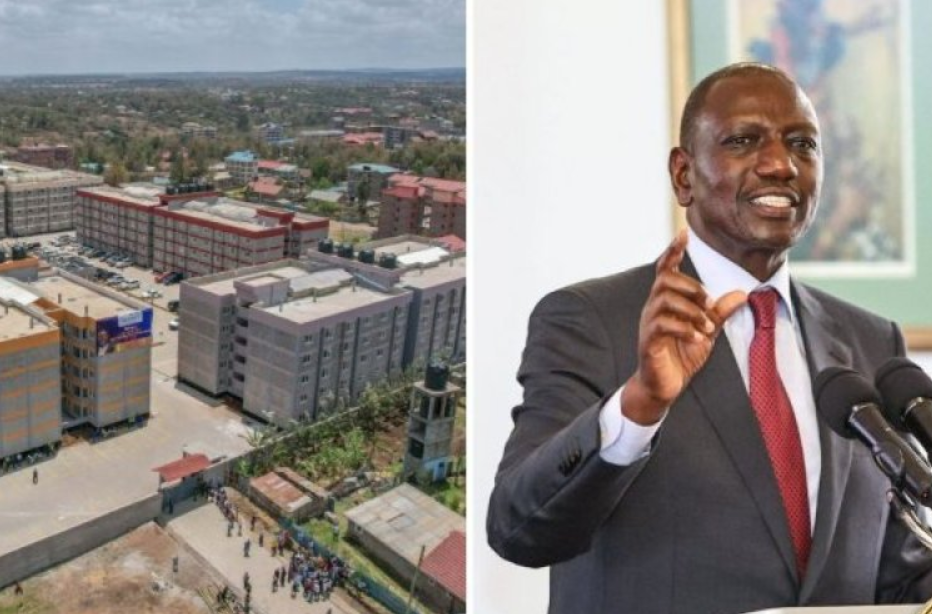In a recent development, salaried Kenyans can breathe a temporary sigh of relief as the High Court in Nairobi has issued stay orders, allowing the continuation of the controversial housing levy until January 10, 2024.
This decision comes on the heels of the court’s declaration that the housing levy is unconstitutional, as it was found to violate Article 10, 2 (a) of the Constitution.
The stay orders were granted in response to a request by the Respondents, led by lawyer George Murugara, who sought 45 days to comply with the court ruling.
During this 45-day period, the court has urged a suspension of the enforcement of the judgment’s findings and any associated decrees.
Murugara emphasized the need for this time to make necessary adjustments to the government’s taxation procedures, ensuring compliance without risking legal consequences.
A three-judge bench, comprising Justices David Majanja, Lawrence Mugambi, and Christine Meoli, not only granted the stay orders but also declared sections 84, 72 to 78 of the Finance Act null and void.
Justice Majanja, reading the judgment, highlighted the lack of a comprehensive legal framework in the introduction of the housing levy amendment to section 84, citing a violation of Article 10 of the constitution.
The judgment also criticized the levy as discriminatory and irrational, particularly against individuals in formal employment.
The housing levy, a crucial component of the Finance Act, began being deducted from the salaries of formally employed Kenyans in July.
The Kenya Revenue Authority (KRA) was designated as the collecting agent, with both employers and employees contributing 1.5 percent each.
The government’s rationale for the levy was to fund the construction of affordable homes for low-income Kenyans.
However, with the recent court rulings and the granted stay orders, the implementation of this levy faces a temporary halt, giving Kenyans a respite until January 2024.
Government Establishes A Flood Emergency Multi-Agency Command Centre
